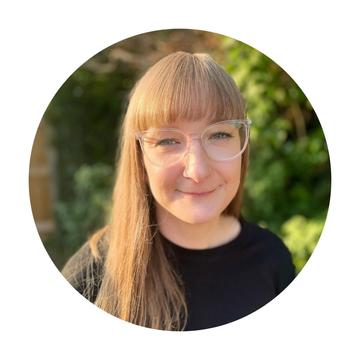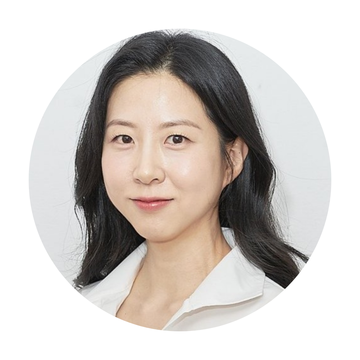Let's Talk About: Stigma
How do we talk about disease—and the stigma that often comes with it?
Join us at the History of Science Museum for an open conversation exploring how illness and stigma shape our experiences, perceptions, and histories. You'll hear from five thought-provoking speakers who will guide small breakout discussions, each inspired by intriguing objects, some of which are from our collections.
Then we’ll come together as a group as our speakers share their reflections. You'll have an opportunity to contribute to the conversation and ask questions. Will hearing each other’s stories shift how we think?
Let's talk about stigma.
Event details:
17:30 – Arrive at the Entrance Gallery
Explore our A Healthy Future for All exhibition curated by HSM and PSI. Chat with the curators and speakers.
17: 45 – Welcome
A welcome from our Museum Director Dr Silke Ackermann and an introduction to our speakers from Dr Sean Elias (PSI).
18:00 – Head to the Basement Gallery
Speakers will lead small group conversations before we come together to share discussion highlights and have time for your questions.
19:00–19:30 – Keep the Conversation Going
Speakers and curators will be around to carry on the conversation in the Entrance Gallery.
Please be aware that there will be a photographer capturing this event.
Meet the speakers
Dr Tess Johnson works in the Ethox centre, in Oxford Population Health. Ethox researchers look at 'should' questions about health and wellbeing and the environment. Tess focuses on superbugs and how doctors, farmers and the public should go about using antibiotics to avoid creating new superbugs.
"I think 'stigma' is a really interesting word. As an ethicist, it's my job to think about definitions, ideas, and common uses of words to see how they should be applied and can change our behaviour. 'Stigma' seems like an inherently bad thing, but it gets more complicated when thinking about stigma's roots in our fears of disease, and in our desires to hold people accountable if we think they're behaving irresponsibly."

Joanne Gilchrist is a nurse and deputy clinical manager at the BSW ICB (Bath and North East Somerset, Swindon and Wiltshire Integrated Care Board) Vaccination Hub, where she leads on their inequalities work. This includes the delivery of engagement work, targeted clinics and vaccine confidence education. They work in partnership with local authority health protection teams, health services and voluntary, community and social enterprise organisations.
I am interested in how self-stigma and the stigma people face when interacting with healthcare services affect access to care. Stigma can stem from lifestyle or healthcare choices. How do they interact, and what impact does each have on creating barriers to preventative care and treatment for stigmatised health conditions?
Amy Paterson is a South African clinician-researcher based at the Pandemic Sciences Institute, University of Oxford. Her DPhil/PhD work focuses on understanding and reducing stigma during infectious disease outbreaks, aiming to develop practical guidance and interventions that can improve public health responses. Amy’s research explores how stigma influences individuals' access to care, community trust, and outbreak control.
What’s been most striking to me in my research is just how pervasive stigma is — and how actions taken in the name of public health, and intended for good, can sometimes unintentionally worsen stigma and result in harm. And I wonder whether we could better predict and prevent these impacts.
Dr Hohee Cho is a Research Associate at the Pandemic Sciences Institute and the Faculty of History. She is a historian specialising in colonial health systems and the history of disease in the Pacific Islands. Her research explores the intersection of medicine, empire, and stigma, with particular focus on Hansen’s disease and its quarantine regimes in the Pacific.
Stigma often stems from fear. The degree of stigma in a society can be an indicator of how deeply the associated disease is feared.
Dr Susanne Hodgson is an Infectious Diseases Doctor and Vaccinologist with an interest in Human Challenge studies. She leads the Oxford Gonococcal Vaccine Project at the Jenner Institute, University of Oxford and aims to set up a human challenge model for gonorrhoea in the UK.
I think stigma comes from ignorance, fear and inequality, none of which should stop people getting the health care and support they need. I hope in time we can reduce the stigma associated with sexually transmitted infections so that people feel empowered to seek diagnosis and treatment and get involved in research.









